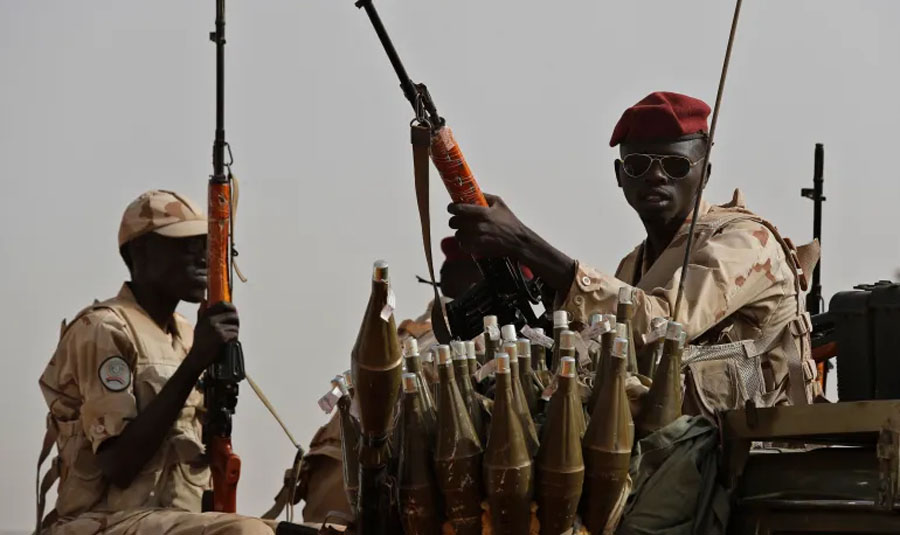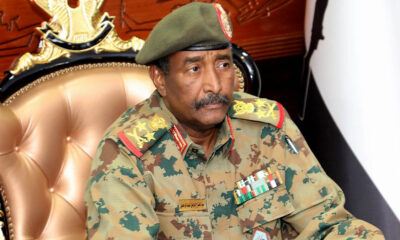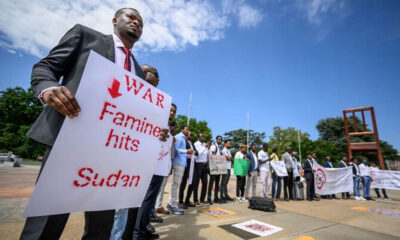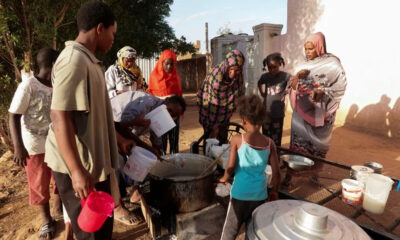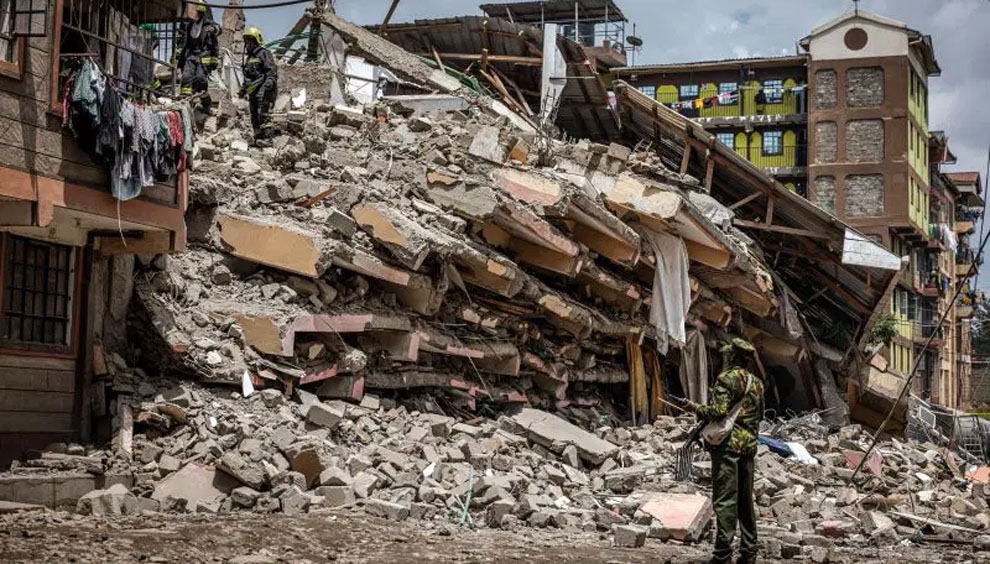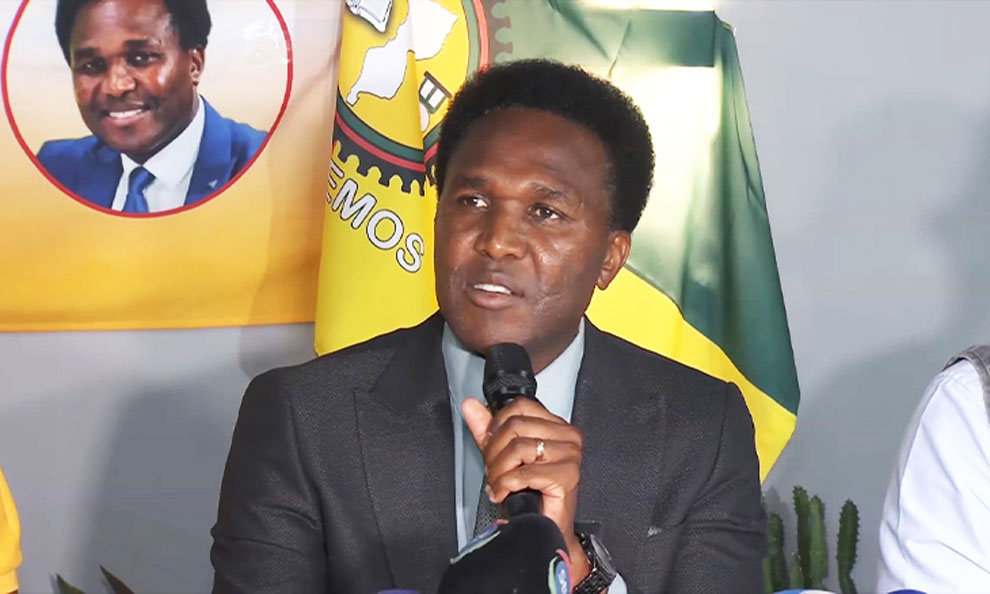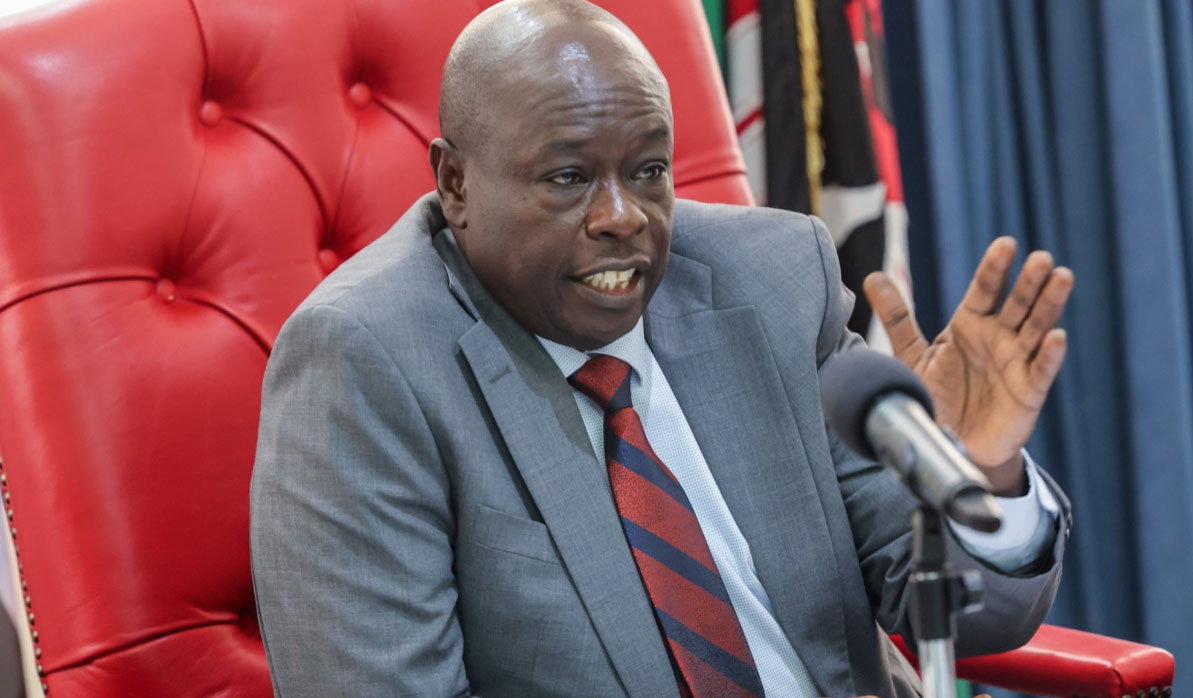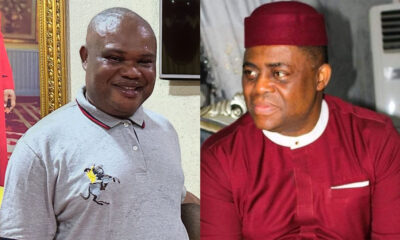Sudan’s army repels major assault on el-Fasher; kills RSF commander
Sudan’s Rapid Support Forces (RSF) launched a major attack on el-Fasher in North Darfur a day after the UN Security Council demanded the militia halt its weeks-long siege of the city.
Sudan’s Armed Forces “aborted the attack and inflicted huge losses” with “hundreds” of dead and wounded in the failed RSF assault, it said in a statement.
Among those killed was a senior RSF commander, Ali Yagoub Gibril, and the attackers “fled from the battlefield”, it added.
No response from RSF was immediately available.
The conflict in Sudan broke out in April 2023 between the Sudanese Armed Forces (SAF), led by Abdel Fattah al-Burhan, and the RSF, which is loyal to General Mohamed Hamdan “Hemedti” Dagalo.
The violence has killed at least 14,000 people and displaced more than 10 million others, according to UN estimates. The UN and human rights groups have said they fear ethnic cleansing if RSF captures el-Fasher, a city of 1.8 million people and the last army stronghold in the Darfur region.
The war has created the worst humanitarian situation in the world, with an estimated 756,000 people in Sudan facing “catastrophic food shortages” by September.
‘Rape of our sisters and mothers’
Many Sudanese have joined the armed forces to fight back against the rampaging RSF.
Musa Adam was displaced from his city of Nyala in South Darfur. He told Al Jazeera the horrors committed by RSF soldiers made him join the SAF effort against the militia.
READ ALSO:
“The displacement, the looting of civilians, the rape of our sisters and mothers is what made me join. The RSF took over Nyala and staying there became too dangerous. So I came here but joined to return to Darfur and fight the RSF.”
In North Darfur, RSF launched repeated attacks that led to the displacement of more than 130,000 people in the past month. Several mass graves have been reported in the state. Dozens of villages have been burned to the ground, mostly of ethnic Zaghawas.
Abu-Alqassim Mohammed, a former RSF officer, also joined the Sudanese Armed Forces.
“I reported to the army on the first day of the conflict against the RSF because it rebelled against the government. They stood against the army and against the country from day one. They killed civilians and forced them from their homes,” he said.
El-Fasher has become a focal point of the nearly yearlong war. The battle for the city – seen as crucial for humanitarian aid in a region on the brink of famine – has raged for more than a month.
The charity Doctors Without Borders, known by its French initials MSF, said on Friday fighting in el-Fasher has killed at least 226 people and wounded 1,418. The overall death toll is believed to be far higher with the wounded unable to get treatment amid continuing air raids, shelling and ground combat.
“The situation in el-Fasher is chaotic,” said Michel-Olivier Lacharite, head of MSF’s emergency programme.
‘Need the world to wake up’
The UN Security Council’s latest resolution calls for an immediate ceasefire, unhindered humanitarian access, and compliance with an arms embargo on Sudan, following a previous unsuccessful ceasefire call in March coinciding with Ramadan.
The United States on Friday announced $315m in emergency aid for Sudan warning a famine of historic proportions could be unfolding.
“We need the world to wake up to the catastrophe happening before our very eyes,” Linda Thomas-Greenfield, the US ambassador to the United Nations, told reporters.
“We’ve seen mortality projections estimating that in excess of 2.5 million people – about 15 percent of the population – in Darfur and Kordofan, the hardest-hit regions, could die by the end of September,” she said.
“This is the largest humanitarian crisis on the face of the planet, and yet somehow it threatens to get worse as the rainy season approaches.”
Sudan’s army repels major assault on el-Fasher; kills RSF commander
SOURCE: AL JAZEERA

